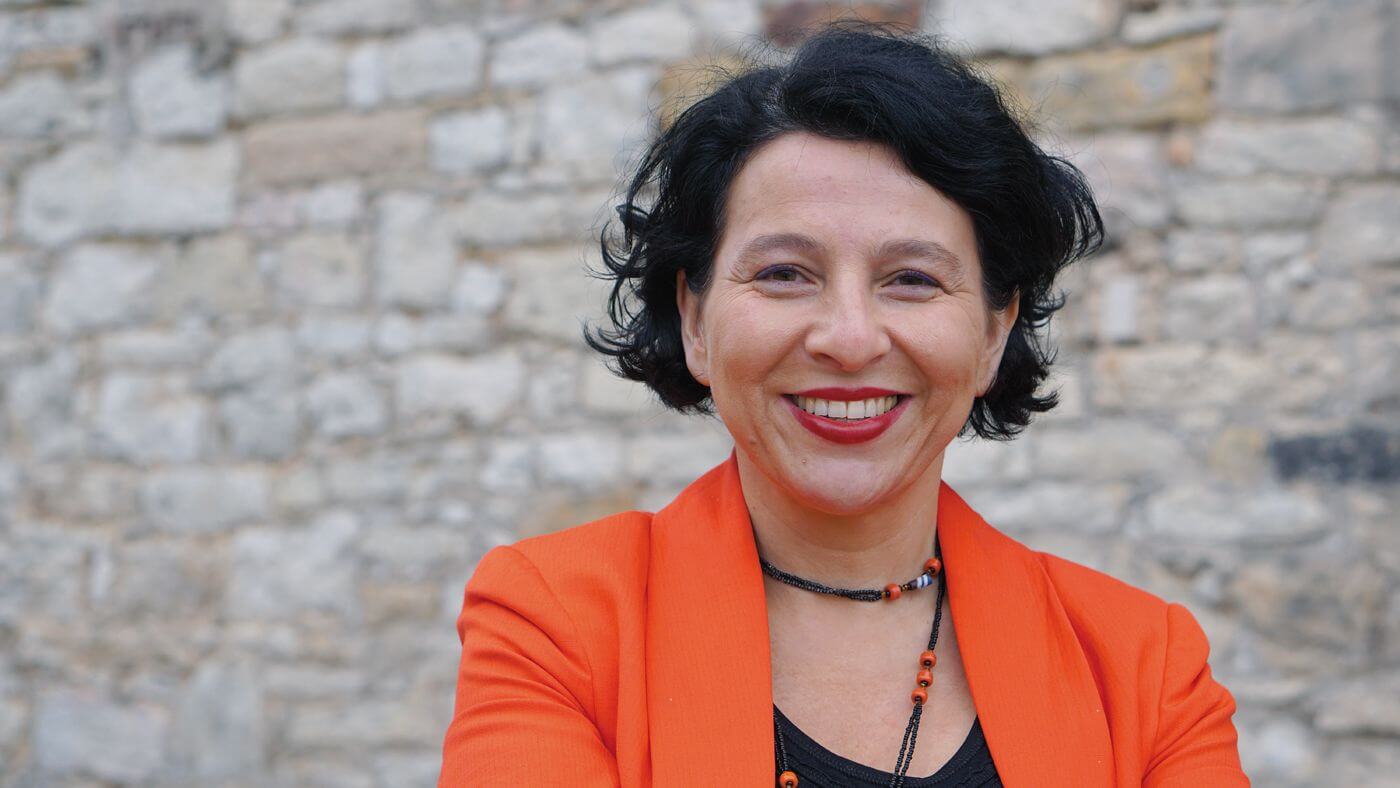Thirteenth International Summer School on Mind, Brain and Education
2018 October 16–20
Migrants and Refugees in the 21st Century: Children in and out of schools
Directors of the School:
Kurt W. Fischer, Antonio M. Battro and Sebastián J. Lipina
Director of the Course: Marcelo Suárez Orozco
Program Officer of the School: Lula Majdalani
Universität Hildesheim (Germany)
Prof. Dr. Viola B. Georgi holds the chair for Diversity Education at the University of Hildesheim (Germany). She is the founding director of the Center for Educational Integration at the University of Hildesheim. Prior to this position, she was an associate professor for Intercultural Education at the Free University Berlin. She has worked as a research assistant at the Department of Sociology and Education at Goethe-University Frankfurt and the Center for Applied Policy Research at Ludwig- Maximilians University in Munich – always with a (comparative) focus on migration issues in Germany, Europe and Northamerica. Georgi has profound international research experiences in the area of migration and integration, among others at Harvard University (USA), the University of Bristol (England), Sabanci University (Turkey), York University in Toronto (Canada), Uppsala University (Sweden) and UCLA (USA). Her research focuses on human rights education, diversity studies and citizenship education, migration, memory studies, educational media and textbook-analysis as well as intercultural school development and teacher education. She is a member in a number of research commissions and boards and is engaged in various government and civil society initiatives within the field of migration and education as well as in migration policies in Germany (i.e. the German Council of Migration and the Expert Council of German Foundations on Integration and Migration).

Teachers working with refugee student in Germany
Germany has accepted over a million refugees between 2015 and today. Hence the structural and social inclusion of these newly arrived refugees is at the center of German integration policy. Children, adolescents and young adults make up a substantial proportion of the refugees who have come to Germany in recent years. More than 6 out of 10 asylum applications were filed by persons under the age of 25. Thus the integration into the education system plays a key role. The talk will elaborate on the history of Germany as an immigration country including the educational reaction to migration and present the most recent data on the educational participation of young refugees from kindergarden, school, vocational training to higher education. The presentation will also outline and critically evaluate measures and strategies of supporting the educational biographies of refugees. The conclusion will depict remaining and future challenges of (educational) integration in a highly segregated German school system.















